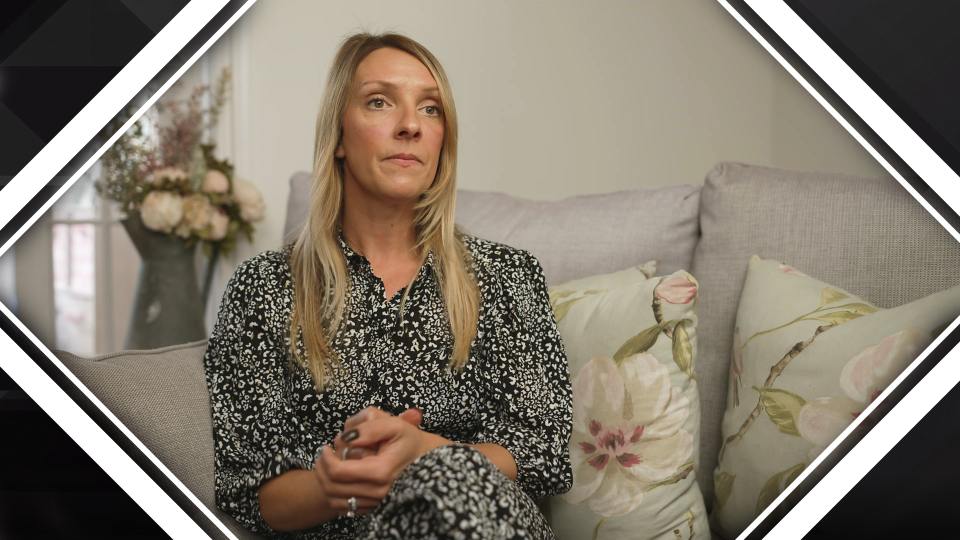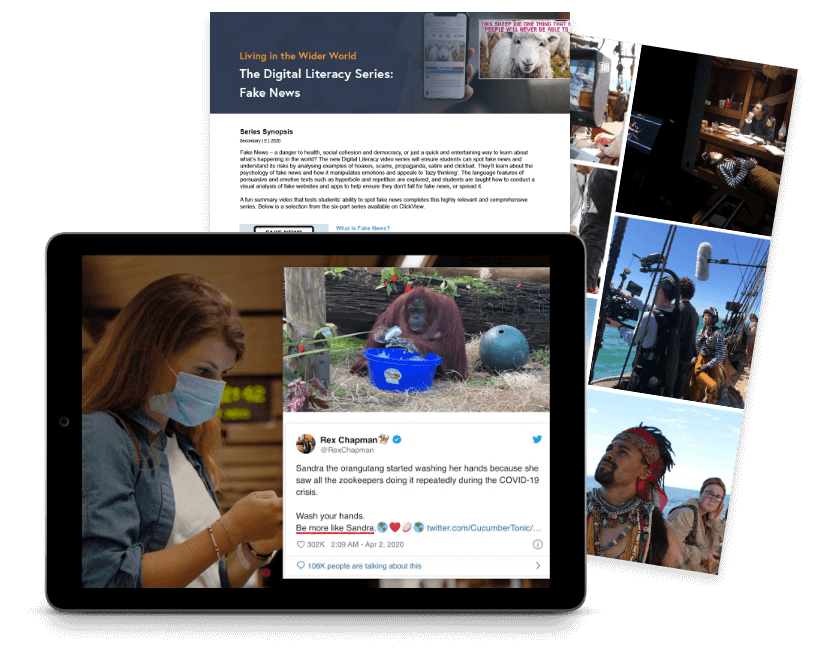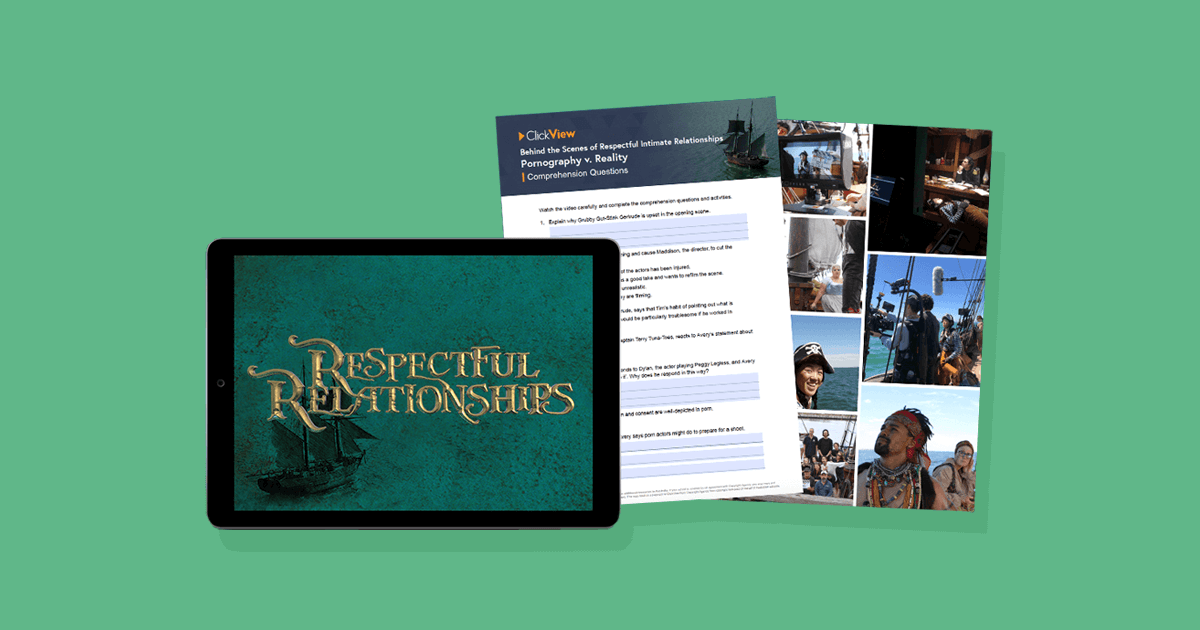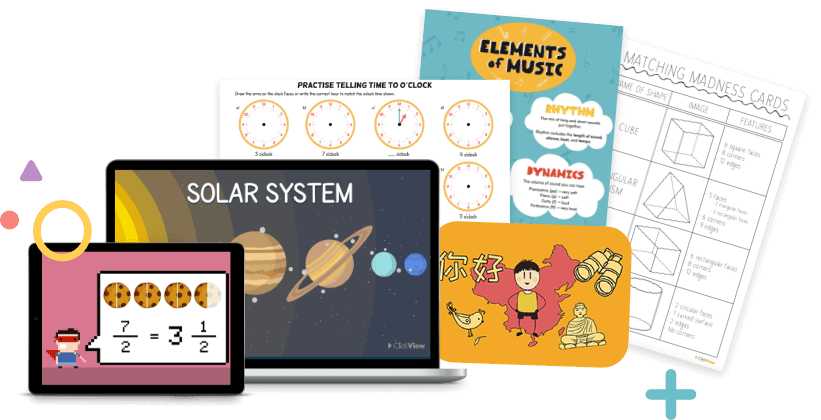An interview with Rebecca Jennings – sex and relationships education expert
Writer and author, Rebecca Jennings has been working with children and young people in educational settings teaching sex and relationships education, and sexual health initiatives for 17 years. With the understanding that sex and relationships are ever-evolving topics, Rebecca believes a well planned and executed RSE curriculum is key for the safety of our young people.
‘If children have the correct information, they are more likely to make informed decisions based on the right messages,’ says Rebecca. ‘Sex and negative messages are everywhere. We need to be open and honest with children and try not to be embarrassed ourselves as educators.’
We spoke to Rebecca about the new statutory changes to the RSE curriculum and how educators can best provide this critical education to young people.

Why is the new relationships and sex education RSE curriculum crucial for our young people?
The new curriculum is so important for young people. It allows them to talk about different issues and topics in a safe space within the classroom setting. Young people are exposed to so many different sexual messages through peer pressure, music lyrics, social media and the ever-changing online world. They need a safe space to make sense of it all.
The new curriculum includes topics such as the impact of pornography and the impact of sending nude images. It encourages talking to young people about sexuality and kindness, and embracing the need to respect one another. This new curriculum covers so many topics that young people have been exposed to for so long.
It’s time for teachers to work in partnership with parents. We owe it to our young people to give them some sound knowledge based on the information, and misinformation, they’re exposed to in the 21st century.
ClickView meets the new RSE curriculum
We’ve put together a guide to help you through the transition to the new PSHE Relationships and Sex Education (RSE) curriculum. For many, these resources will build upon the wonderful work you already do, while for others it’s the beginning of a new journey.

How have changes in the digital landscape impacted wellbeing and relationships over the past decade? Why do we need this new curriculum?
Young people are accessing the online world considerably more than they were a decade ago. They connect with and meet people online, which has advantages, but also brings risks.
Sexual media including pornography has had a significant impact. Young people may develop false expectations of what a real relationship looks like, and miss important discussions around consent, contraception, keeping safe, and likes and dislikes within a sexual relationship.
Body image messages in the digital landscape present young people with images that are filtered and airbrushed, and very few that encompass what a real body should look like. Pornography plays into this, with the removal of pubic hair and armpit hair, as well as presenting misleading behaviour. Appearances would suggest everybody enjoys themselves, no matter the sexual situation, while there is limited attention given to foreplay and a build-up to sex.
The impact of sending nudes is very topical for young people in relationships. Throughout the COVID-19 pandemic, many teenagers may have tried to keep in touch by sending nude images without understanding the risk of these being released or shared.
What are the dangers of sharing intimate images? | Rebecca Jennings
The new curriculum has been designed to educate young people around risks, but also celebrate the use of the online world in a very balanced way.
How can schools best deliver these changes to the curriculum?
Schools can best deliver the RSE curriculum changes by following these five steps:
Step 1: Make sure staff feel comfortable and confident to deliver some of the trickier topics of RSE. Giving staff access to professional training is really important. There is plenty of quality online training available.
Step 2: Make sure robust curriculum planning takes place, with appropriate resources to assist with this planning. Well laid out lesson plans are key, including video clips, for authoritative content delivery. Interspersing class discussion with carefully chosen video also gives educators time to consider their response to student questions.
Step 3: Keep parents informed, encouraging them to ask questions, make suggestions and give feedback to inform curriculum changes or updates. Whatever you’re delivering in the curriculum should also be written in an easy-to-access RSE policy.
Step 4: Consult school governors on how to best plan your RSE, including how and when you will deliver it to pupils.
Step 5: Have a clear strategy of how you will deliver each topic through curriculum mapping from Year 7 to Sixth Form or college.
What are some strategies teachers can use in the classroom?
Support your colleagues
It’s really important that teachers support one another. Some teachers will be more confident delivering in certain areas, so utilise that. Consider co-delivery, working with a colleague to deliver a sensitive RSE topic in the room together.
Create a safe environment
Always set a working together agreement within the classroom. This safe environment is for pupils and also for teachers. The agreement could include ground rules such as no personal questions to protect privacy.
Use a question box
A question box, where students post anonymous questions, is a really useful tool to give teachers time to reflect before answering. Educators can also carry questions over into a follow up session, using that time to research a topic or discuss an idea with colleagues.
Have an open mind
Recognise your own values on the topics of RSE, but approach your classroom practice with an open mind. Take on the role of discussion facilitator within the classroom rather than directly influencing.
Open up the conversation
Acknowledge every question you receive from a young person and thank pupils for questions. The next step is to open up the conversation, if you can, to get some context. You could ask, ‘Can you tell me more about this?’ or ‘I’m interested to know why you’ve asked about a certain topic?’ Try to establish a level of understanding before you panic about how to answer or explain a certain topic.
Take the pressure off
Above all, don’t put too much pressure on yourself to know how to answer or be familiar with every single RSE topic. Allow yourself breathing space and embrace the embarrassment and giggles that may emerge. The more you talk about a topic, the easier it will become. Always use the correct terminology for body parts and deliver content appropriate to the ability and understanding of your students.
Does the approach to respectful relationships differ between primary and secondary school environments?
Primary
At a primary level, the curriculum includes topics such as healthy friendships, being kind, sharing, trust, respect and different families. These are the building blocks and foundations of respectful relationships, which will hopefully lead to healthy and safe relationships in the future.
Relationships | Primary teaching resource | ClickView
Secondary
The secondary RSE curriculum continues to look at friendships, bullying and online behaviour, while also delving into sexual intimacy. This year, more than ever, it’s extremely important to look at how young people are accessing online to build and form relationships. The secondary curriculum is an extension of the primary curriculum, with a closer look at making decisions, making informed choices and staying safe in a sex and relationships context.
How can schools aim to get parents more involved?
It’s really important to involve parents in your curriculum planning. Many schools already have an extensive curriculum for RSE. If things need to be added or changed, schools need to work in partnership with parents. Here’s how:
Start the conversation
Share the planned curriculum with parents and ask for feedback. Place some context around the conversation. For instance, ‘Here’s where we’re coming from and why these topics are important. We’re really keen to hear your views.’ This open dialogue then sets the foundation for working effectively together.
Keep communicating
Use newsletters to share information and publish your RSE policy on your school website for parents to access anytime. Where possible, have meetings where parents can come in to look at resources and video clips. This awareness will help parents respond to questions that arise at the dinner table or out and about.
Offer education and training
Many schools offer parents valuable training on talking to children about sensitive topics. Quite often, it’s parents’ values and thoughts, or their reflection on their own RSE, that can build barriers. Pupil voice is extremely powerful in helping educate parents on the importance of RSE. You could create opportunities for assemblies or coffee mornings where parents can hear from pupils with positive RSE education experiences.
By involving parents through introducing them to resources and opening up a two-way dialogue, there’s a good chance the messages from school will then cascade into the home, and the important conversations can continue.
Free resources for the new PSHE Relationships and Sex Education (RSE) curriculum
ClickView’s collection of free respectful relationship videos and resources can support you to start the conversation. These curriculum-aligned resources, full of ideas and information, are freely accessible on the ClickView website for all staff and parents.




